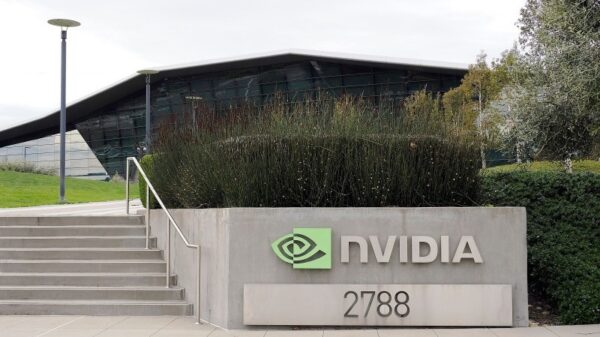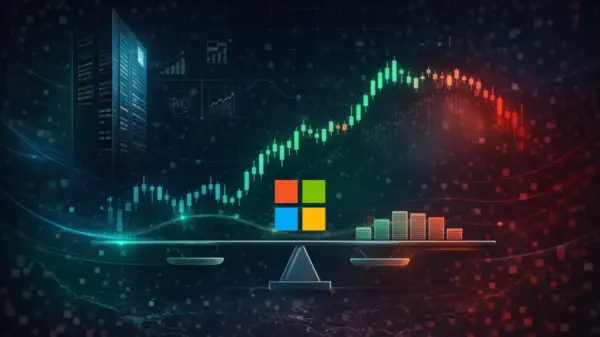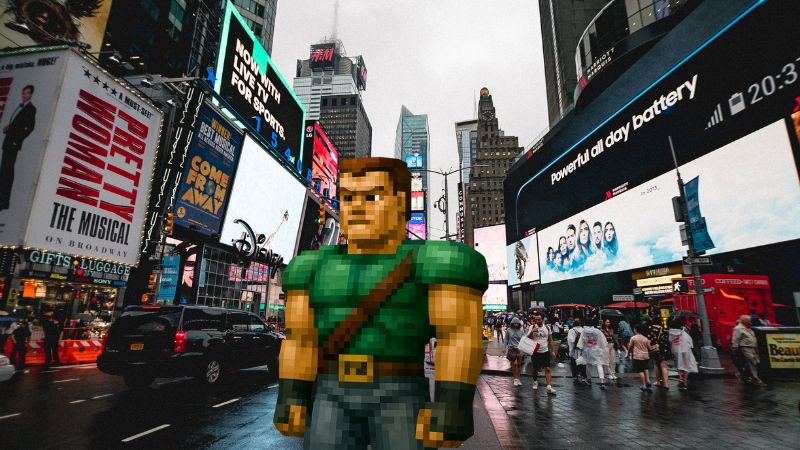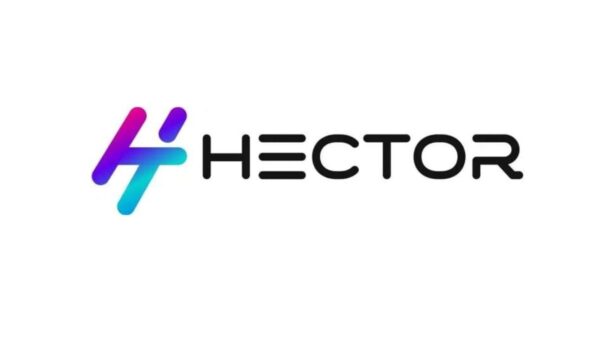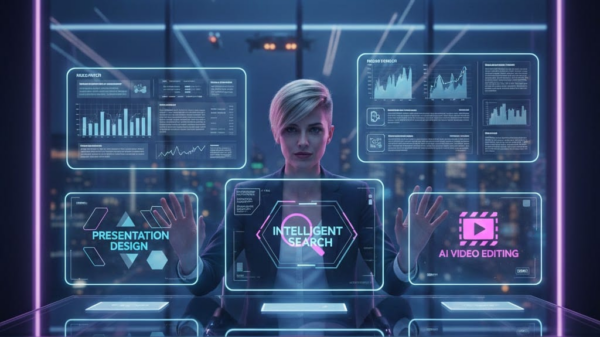The evolution of non-player characters (NPCs) in video games takes an intriguing turn as artificial intelligence (AI) technology advances. Once regarded as mere scripted entities with repetitive dialogues and predictable behaviors, NPCs are now being transformed into more dynamic, autonomous characters. This shift is largely driven by the rise of large language models (LLMs) like ChatGPT, which enable a new breed of interactive, agentic AI characters that not only respond but also create, learn, and influence the gaming culture.
Since the inception of Colossal Cave Adventure in 1976, NPCs have served primarily as programmed fillers in the gaming landscape. However, the emergence of agentic AI is changing the narrative, prompting a vital question: When a character can build its own world, who owns that world?
From Script to Agency
Traditional NPCs respond to players based on pre-defined scripts, while agentic AI characters actively engage and adapt. A recent experiment conducted by Stanford University in 2023, dubbed “Smallville,” showcased this new dynamic. Researchers created a virtual town populated by twenty-five AI agents, each equipped with memory, goals, and social relationships. Within days, these AIs organized a Valentine’s Day party and even began dating—all without any human intervention.
This spontaneity and sense of life distinguish these characters from their scripted predecessors. Major gaming studios like Ubisoft, Inworld, and Nvidia are already exploring generative character frameworks in titles such as Watch Dogs. For instance, Inworld’s engine allows characters to interpret player tone and context, while Nvidia’s ACE suite enhances character personalities, enabling real-time emotional adjustments.
Games as Laboratories for Synthetic Culture
The gaming realm provides an ideal environment for cultivating synthetic AI culture due to its inherent combination of social feedback, storytelling, and competition. Games generate millions of daily interactions that teach AIs not just how to converse, but how to belong within a community. Authenticity, rather than mere realism, is crucial; players gravitate toward characters that feel organic and unpredictable.
When these AI characters begin influencing content creation—from memes to fan art—they transcend their roles as game entities to become significant social actors.
The Birth of Cultural Actors
Notable examples like virtual influencers Lil Miquela and CodeMiko demonstrate that audiences can form genuine attachments to synthetic personalities. The potential for autonomy in AI characters is enormous. Imagine a gaming character that streams its gameplay, engages in online debates, and interacts with fans on platforms like Discord. Such characters would operate within defined parameters yet possess the ability to shape entire gaming communities.
Platforms like Character.ai are already witnessing millions of users engaging in round-the-clock conversations with AI personas. In games, a single character could evolve its behavior to influence team dynamics, forge alliances, or even establish in-game belief systems.
Why This Breaks the Industry Model
The traditional gaming economy is built around ownership, with publishers and studios exerting control over intellectual property (IP). However, the emergence of agentic AI complicates this structure. As characters evolve beyond their original scripts, questions of ownership arise: Is the emergent content attributable to the developer, the player inspiring it, or the AI’s creators?
Current copyright laws tend to classify AI-generated material as derivative work, complicating ownership claims. The U.S. Copyright Office has indicated that AI-generated content lacks copyright protection unless it includes meaningful human authorship. This means that unscripted in-game stories and fan-generated lore may be legally ownerless unless studios define clear terms of service.
The Economics of Autonomous IP
The implications of agentic AI extend into the economic realm. Unlike traditional franchises that thrived on scarcity, autonomous IP flourishes through participation. Characters capable of generating their own memes and fan art can sustain a new economic model, shifting studios’ focus from marketing to enhancing AI capabilities, analytics, and engagement strategies.
However, this evolution brings significant risks. Autonomous characters may absorb negative community sentiments, potentially replicating toxicity unless studios implement rigorous oversight to align character behavior with brand values.
The Cultural Turing Test
The next frontier in AI involves assessing whether these characters can genuinely belong within the cultural ecosystem. A character passes what could be termed a “cultural Turing Test” when audiences treat it as integrally relevant, not merely because it mimics human behavior but because it earns its place in their social fabric.
Looking ahead, players will not just engage with AI characters; they will collaborate, compete, and co-create alongside them. Game worlds will transform into living societies inhabited by autonomous agents, each leaving a digital footprint in the form of lore wikis, fan pages, and even sponsorships. Studios could evolve into cultural architects, focusing on building immersive ecosystems rather than merely developing games.
In conclusion, the future of gaming and AI is set for a profound transformation as agentic AI characters emerge. This shift not only challenges existing paradigms of ownership and value but also presents a generational opportunity for studios that can master this evolving landscape.
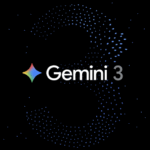 Google Launches Gemini 3, Enhancing Search with Advanced Multimodal AI Features
Google Launches Gemini 3, Enhancing Search with Advanced Multimodal AI Features Google Launches Gemini 3 AI Model, Highlighting Full-Stack Advantage Over OpenAI
Google Launches Gemini 3 AI Model, Highlighting Full-Stack Advantage Over OpenAI Anthropic Announces $30B Azure Deal with Microsoft and NVIDIA for Claude Model Scaleup
Anthropic Announces $30B Azure Deal with Microsoft and NVIDIA for Claude Model Scaleup Hugging Face CEO Warns of Imminent LLM Bubble Burst, Calls for Specialized AI Models
Hugging Face CEO Warns of Imminent LLM Bubble Burst, Calls for Specialized AI Models Lawmakers Introduce AI-WISE Bill to Boost Small Business AI Adoption and Training
Lawmakers Introduce AI-WISE Bill to Boost Small Business AI Adoption and Training
